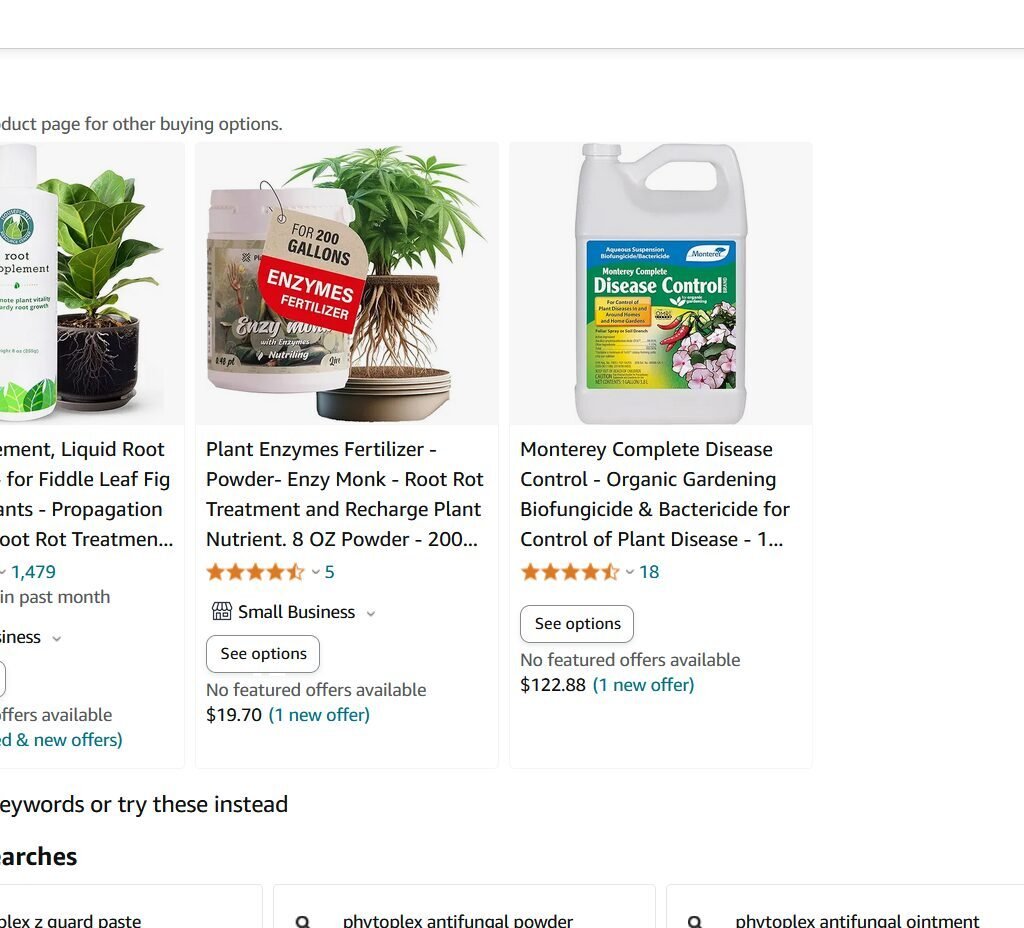Lemon trees, cherished for their fragrant blooms and tangy fruits, are susceptible to various diseases that can hinder their growth and productivity. Identifying these diseases early and implementing appropriate treatments is crucial for maintaining healthy lemon trees and ensuring a bountiful harvest. Let’s explore some common lemon tree diseases, their symptoms, causes, and effective treatments.
1. Citrus Canker:
- Symptoms: Look for raised lesions on leaves, stems, and fruit. Lesions may be surrounded by yellow halos and eventually develop corky scabs. Leaves may drop prematurely.
- Cause: Citrus canker is caused by the bacterium Xanthomonas citri, which spreads through wind-driven rain, contaminated tools, and infected plant debris.
- Treatment:
- Natural/Organic: Remove and destroy infected plant parts. Apply copper-based fungicides or bactericides. Enhance tree vigor through proper nutrition and watering.
- Chemical: Apply bactericides containing copper oxychloride or copper hydroxide according to label instructions.
- Prevention: Practice good sanitation by removing and disposing of infected plant material. Avoid overhead irrigation to minimize water splashing. Plant disease-resistant varieties when possible.
2. Lemon Scab:
- Symptoms: Look for raised, corky lesions on fruit, leaves, and stems. Lesions may be grayish-brown and may coalesce, causing deformation of fruit.
- Cause: Lemon scab is caused by the fungus Elsinoë fawcettii, which thrives in humid conditions and spreads through water splashing and wind.
- Treatment:
- Natural/Organic: Remove and dispose of infected plant parts. Apply sulfur-based fungicides or neem oil. Improve air circulation around the tree.
- Chemical: Apply fungicides containing captan or mancozeb according to label instructions.
- Prevention: Avoid overhead irrigation. Prune trees to improve air circulation. Remove and destroy infected plant debris.

3. Phytophthora Root Rot:
- Symptoms: Look for wilting, yellowing, and stunting of foliage. Bark may appear dark and water-soaked near the soil line. Roots may rot and have a foul odor.
- Cause: Phytophthora spp. fungi thrive in poorly drained, waterlogged soils and infect roots, causing rot.
- Treatment:
- Natural/Organic: Improve soil drainage by amending with organic matter. Avoid overwatering. Apply biological control agents containing beneficial fungi (e.g., Trichoderma spp.).
- Chemical: Apply fungicides containing fosetyl-aluminum or mefenoxam according to label instructions.
- Prevention: Plant lemon trees in well-drained soil. Avoid excessive watering. Maintain proper soil pH.

4. Citrus Leaf Miner:
- Symptoms: Look for silvery, serpentine trails on new leaves. Leaves may become distorted, curled, or puckered. Severe infestations can lead to leaf drop and reduced fruit yield.
- Cause: Citrus leaf miner larvae tunnel into leaves, causing damage and rendering them susceptible to infection by pathogens.
- Treatment:
- Natural/Organic: Encourage natural predators such as parasitic wasps. Apply neem oil or insecticidal soap to affected foliage.
- Chemical: Apply insecticides containing spinosad or abamectin according to label instructions.
- Prevention: Keep trees healthy through proper nutrition and watering. Monitor for early signs of infestation and take prompt action. Use reflective mulches to deter adult leaf miners.






